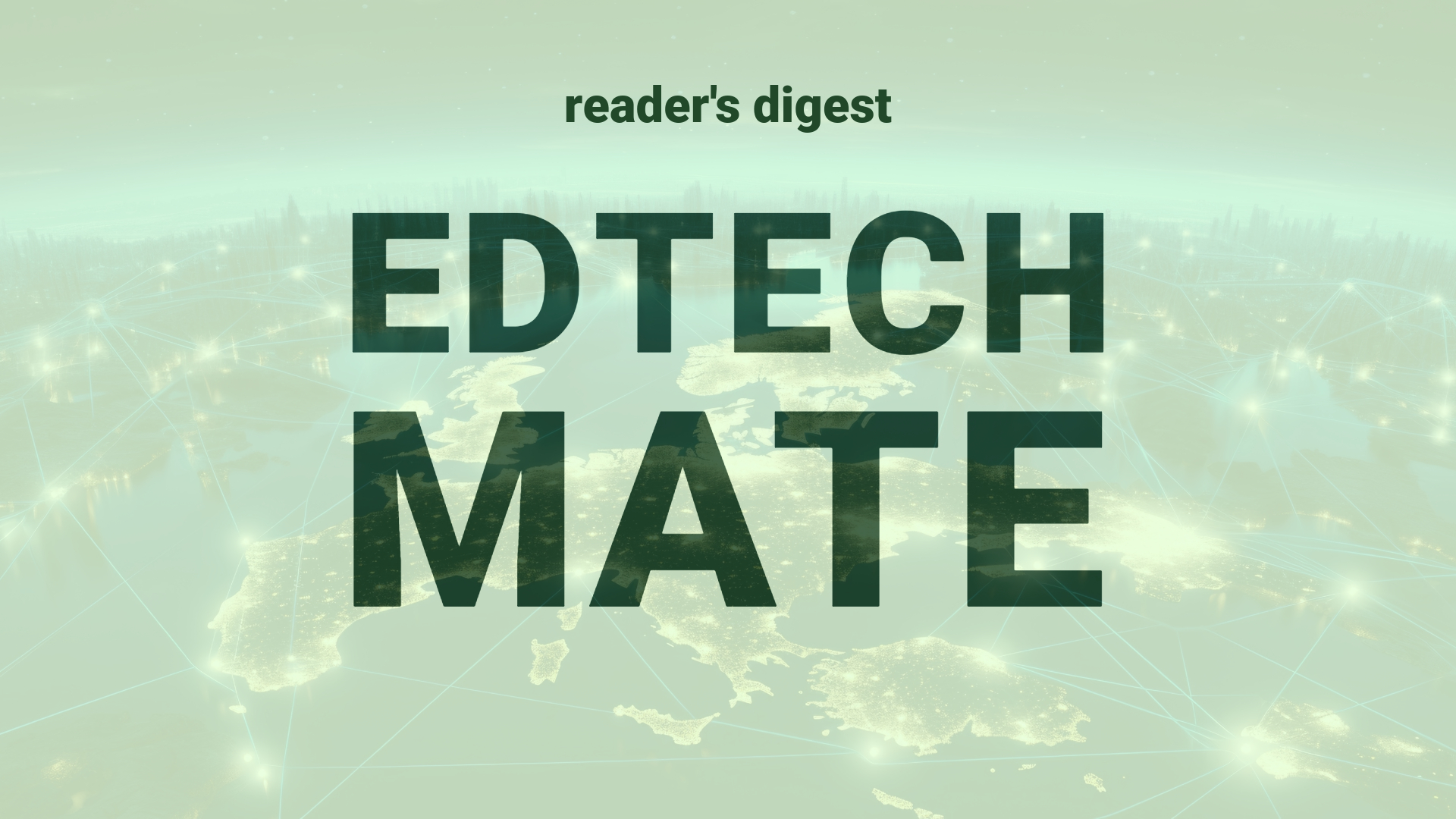“`html
Executive Summary and Main Points
In a ground-breaking move, the European Parliament has endorsed the first extensive law aimed at governing the use of artificial intelligence (AI) on the international stage. The legislation was passed by an overwhelming majority, laying the foundation for “trustworthy AI,” with special emphasis on safeguarding health, safety, fundamental rights, and environmental conservation from the potential negative impacts of AI systems, while simultaneously nurturing innovation. Harsh penalties have been instated for violations, including fines of up to 7% of global turnover or €35 million. A critical stand has been taken against the exploitation of AI in social scoring, manipulation of users, and non-consensual scraping of facial images. In the workplace and educational settings, the legislation aims to protect against intrusive AI applications, especially those capable of emotion recognition. The law also underscores the rights of citizens to explanations and collective redress for AI-generated content or decisions affecting them. Despite these strides, the law has faced criticism for allegedly favoring big tech enterprises by allowing self-assessment of AI risks and enabling regulatory sandboxes for real-world AI system testing, potentially at the expense of citizen safety.
Potential Impact in the Education Sector
This pioneering AI legislation is poised to significantly alter the landscape of Further Education, Higher Education, and Micro-credentials through strategic collaborations and the advancing digitalization. There will be a reevaluation of the role of AI in personalized learning, adaptive testing, and administrative automation while maintaining strict adherence to ethical standards and student privacy. Furthermore, the law may catalyze a change in the dissemination of Micro-credentials, promoting transparency in algorithms used for skills matching or job placement, as well as influencing international student recruitment strategies by ensuring fairness and non-discrimination.
Potential Applicability in the Education Sector
AI and digital tools present transformative applications within global education systems. AI can facilitate customized learning pathways, real-time language translation, and accessibility features, thereby expanding global educational opportunities. The emphasis on “trustworthy AI” reinforces the importance of ethical AI applications, such as bias mitigation in admissions processes or exam proctoring. Advanced analytics can support institutional decision-making, enhance student outcomes, and catalyze research collaborations across borders. By fostering ethical AI, the sector can benefit from cutting-edge technologies while safeguarding fundamental rights and educational integrity.
Criticism and Potential Shortfalls
While the legislation marks a paradigm shift in AI regulation, it has not escaped criticism, accused of prioritizing “Big Tech” interests over citizens’ safety by entrusting companies with self-assessment of AI risk levels. The allowance for real-world testing of AI systems in regulatory sandboxes has raised concerns about jeopardizing citizen safety. Comparative international case studies may provide insight into how different global jurisdictions are balancing innovation with ethical concerns, such as the varied approaches to AI emotion recognition in education between Europe and Asia. Further, ethical and cultural dimensions of enforcing such legislation remain complex, as they intersect with diverse educational norms and values across the globe.
Actionable Recommendations
For education leaders, a proactive stance involves embedding the principles of “trustworthy AI” into educational technologies. This could mean evaluating the ethical implications of AI applications, enhancing digital literacy among educators and students, and fostering inclusivity through AI-assisted accessibility options. International partnerships can drive the exchange of best practices and promote interoperability standards. As AI systems are integrated, a vigilant and transparent approach is required, with the provision for students and educators to understand and challenge AI-generated decisions. Furthermore, by capitalizing on regulatory sandboxes, educational institutions can experiment with AI’s potentials within controlled environments, ensuring compliance and student protection before broad-scale implementation.
“`
Source article: https://www.cio.com/article/1313485/european-parliament-approves-eu-ai-act-what-impact-on-the-enterprise.html

